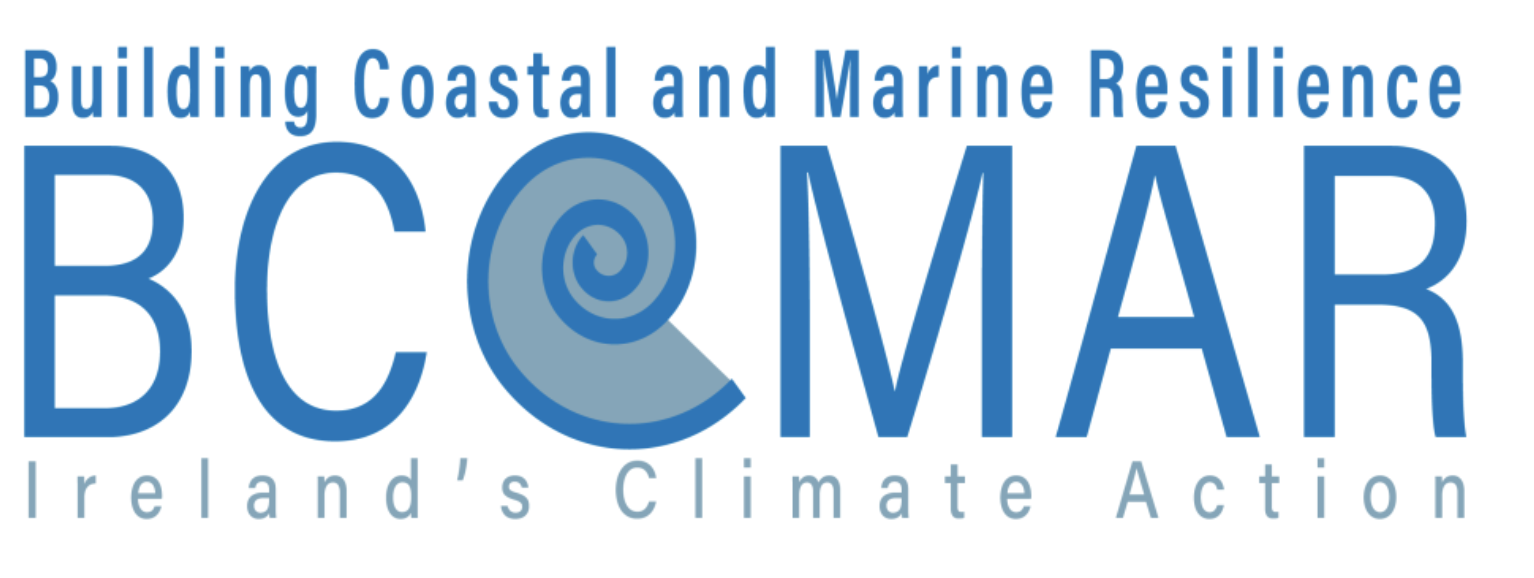
BCOMAR

- Title
-
BCOMAR – Building Coastal and Marine Resilience – Ireland’s Climate Action
- Start Date
-
2019
- End Date
-
2021
- Funding body
- Research Area
-
Climate Change, Resilience, Marine, Coastal
- Research partner/host
-
MaREI, the SFI Research Centre for Energy, Climate and Marine, Environmental Research Institute, UCC, Ireland. Geography, National University of Ireland (NUIG), Galway, Ireland.
- Principal Investigator
-
Dr Martin Le Tissier, MaREI, University College Cork, Ireland.
Dr Eugene Farrell, National University of Ireland (NUIG), Galway, Ireland.
- Postdoctoral Researcher
-
Glen Smith, MaREI, University College Cork, Ireland
Introduction
The threats posed by a changing global climate are becoming increasingly well understood. It is also widely acknowledged that as the global climate changes, some aspects of human behaviour will have to be changed accordingly. These behavioural changes will have a bearing on how well systems can adapt to climate change threats. Furthermore, the way that adaptation actions are planned, implemented, monitored, and improved will have a bearing on the resilience of a particular system.
It is in marine and coastal areas where some early impacts of climate change will be – and are being – felt. This is particularly concerning for island nations such as Ireland. Ireland’s coastline is over 7000km long and about one-third of the population lives within 5km of it. This project examines the process of building resilience to climate change in the coastal and marine environment of Ireland. The main focus of attention is on how this process is governed. The governance of climate action will influence the nature of community involvement with – and contribution to – climate change adaptation.
The overall project aim is to use two comparative studies in Ireland, the Maharees peninsula and Youghal, to develop a participatory methodology for supporting bottom-up engagement in climate change adaptation. Interviews, workshops, and cognitive fuzzy mapping are some of the social science techniques that will be used to achieve this. This engagement can help to ensure that measures taken match local needs and vulnerabilities. The methodology can contribute to the development of roadmaps for local authorities and communities to use to build greater resilience to climate change.
Work Packages
Work Package 1 – Project management.
This work package will provide coordination and budget management, oversee the project communication and ensure the delivery of outputs.
Work Package 2 – State of the art.
Understand international best practice for building marine and coastal resilience. Start to develop a methodology and set of indicators – suited to Ireland – for monitoring adaptation.
Work Package 3 – Work package 3 – Building resilience at scale
Test and develop the methods and frameworks developed in WP2. Report on two comparative case studies: the Maharees and Youghal.
Work Package 4 – Adaptation and actions for resilience
Combining Ecosystem Based Management (EBM) with governance components to start drafting guidelines for building resilience. Test systems through participatory fuzzy cognitive mapping.
Work Package 5 – Analysis of governance for coherence
Analyse governance systems and explore ways to strengthen cross-sectoral collaboration and stakeholder engagement.
Work Package 6 – Communication and impact
Insure impact through uptake of outputs and by maximising project visibility.
Short survey on your perception of climate change risks in the community of Youghal



